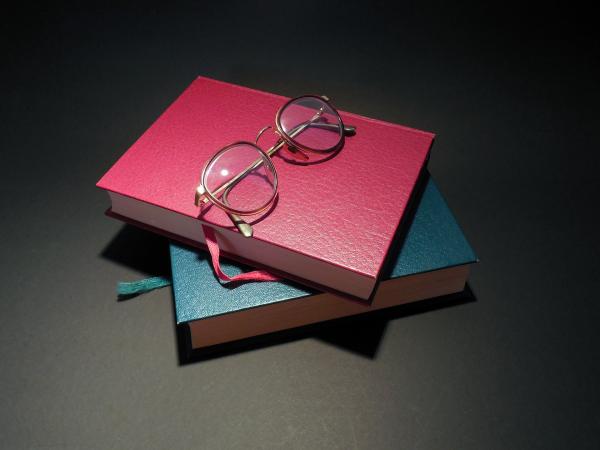I have had a hobby, actually for many years now, woodworking. There is something endlessly satisfying, at least to me, about turning rough lumber into a sometimes helpful object. Maybe the surgeon in my hands and heart enjoys working with wood. What role do hobbies have for us?
“During the Industrial Revolution, the nascent labor movement advocated for reduced work hours, eventually leading to the eight-hour workday and the five-day workweek. Some people saw the resulting increase in leisure time—and the saloons, theaters, and amusement parks that popped up to fill it—as a threat. The thinking was that leisure “led to both delinquent activity and deviant ideas,” Gelber writes. The solution to the moral depravity of cotton candy and Ferris wheels: hobbies.”
Of course, there is more to read, and yes, if you are wondering, social media impacts our hobbies in good and bad ways. From The Atlantic, How Hobbies Infiltrated American Life
Self-will versus destiny often comes up in health, especially when discussing obesity. Disentangling our will from our actions is often complicated, and for a long time, the default position has been that bad outcomes are due to issues of will. Maybe, willpower needs a reboot?
“Willpower may simply be a pre-scientific idea—one that was born from social attitudes and philosophical speculation rather than research, and enshrined before rigorous experimental evaluation of it became possible. The term has persisted into modern psychology because it has a strong intuitive hold on our imagination: Seeing willpower as a muscle-like force does seem to match up with some limited examples, such as resisting cravings, and the analogy is reinforced by social expectations stretching back to Victorian moralizing. But these ideas also have a pernicious effect, distracting us from more accurate ways of understanding human psychology and even detracting from our efforts toward meaningful self-control. The best way forward may be to let go of “willpower” altogether.”
From Nautil.us, Against Willpower
ACSH has long championed “Golden rice” bioengineered to provide additional Vitamin A to diets deficient in this essential nutrient. But to understand its value, one must understand its historical context.
“IN 1877, JAPAN’S MEIJI EMPEROR watched his aunt, the princess Kazu, die of a common malady: kakke. If her condition was typical, her legs would have swollen, and her speech slowed. Numbness and paralysis might have come next, along with twitching and vomiting. Death often resulted from heart failure.
The emperor had suffered from this same ailment, on-and-off, his whole life. In response, he poured money into research on the illness. It was a matter of survival: for the emperor, his family, and Japan’s ruling class. While most diseases ravage the poor and vulnerable, kakke afflicted the wealthy and powerful, especially city dwellers. This curious fact gave kakke its other name: Edo wazurai, the affliction of Edo (Edo being the old name for Tokyo). But for centuries, the culprit of kakke went unnoticed: fine, polished, white rice.”
From Atlas Obscura, How Killer Rice Crippled Tokyo and the Japanese Navy
One of the problems in discussing healthcare is that many of us under the age of, say, 50 have no idea what healthcare is about. Except for deliveries, hernias, and occasional sports injuries, few of this age group have actual experience with the healthcare system when we are ill. As NY Times columnist Ross Douthat writes,
“I was healthy then; two years later I began my strange descent. And one part of the experience took those pre-illness views — I’d call them center-right with a libertarian flavor — and pushed them to the left.”
Actually needing healthcare will do that to you. Not to worry, Ross returns a bit more to the center as his care proceeds. From the New York Times, How Being Sick Changed My Health Care Views




